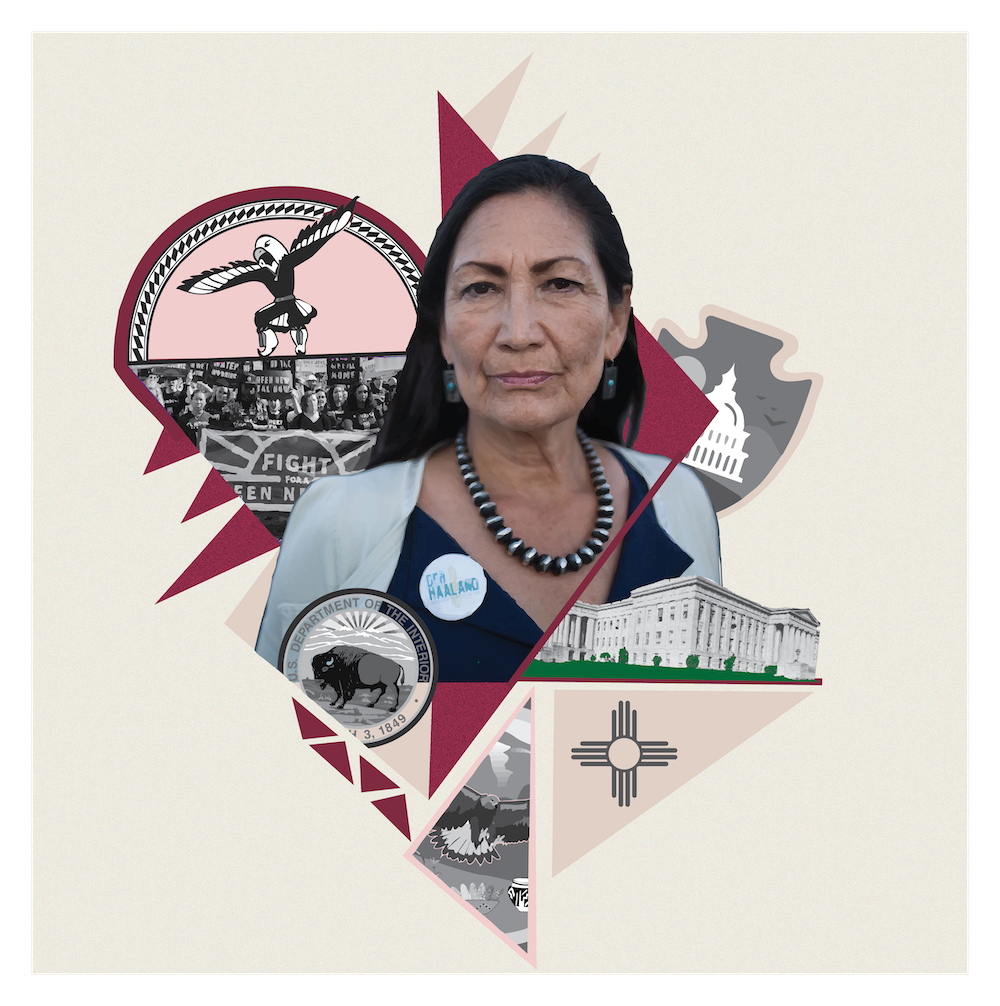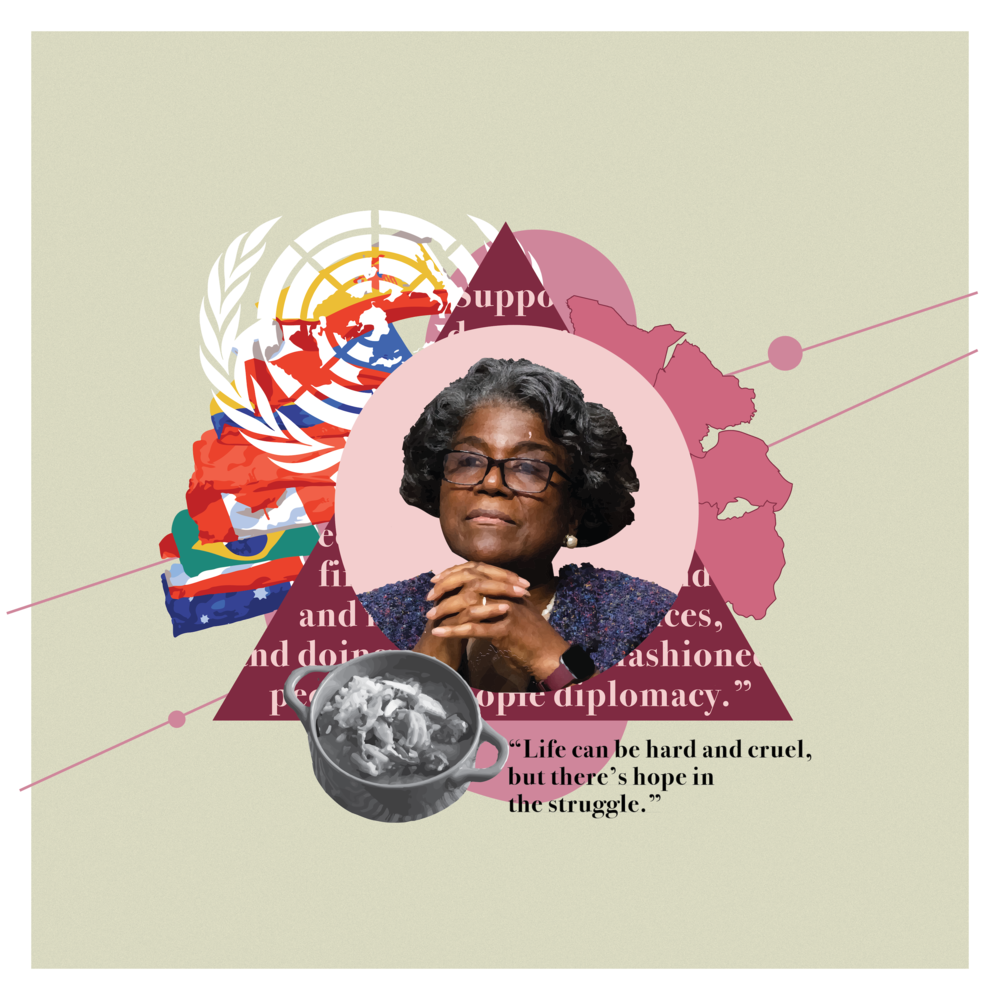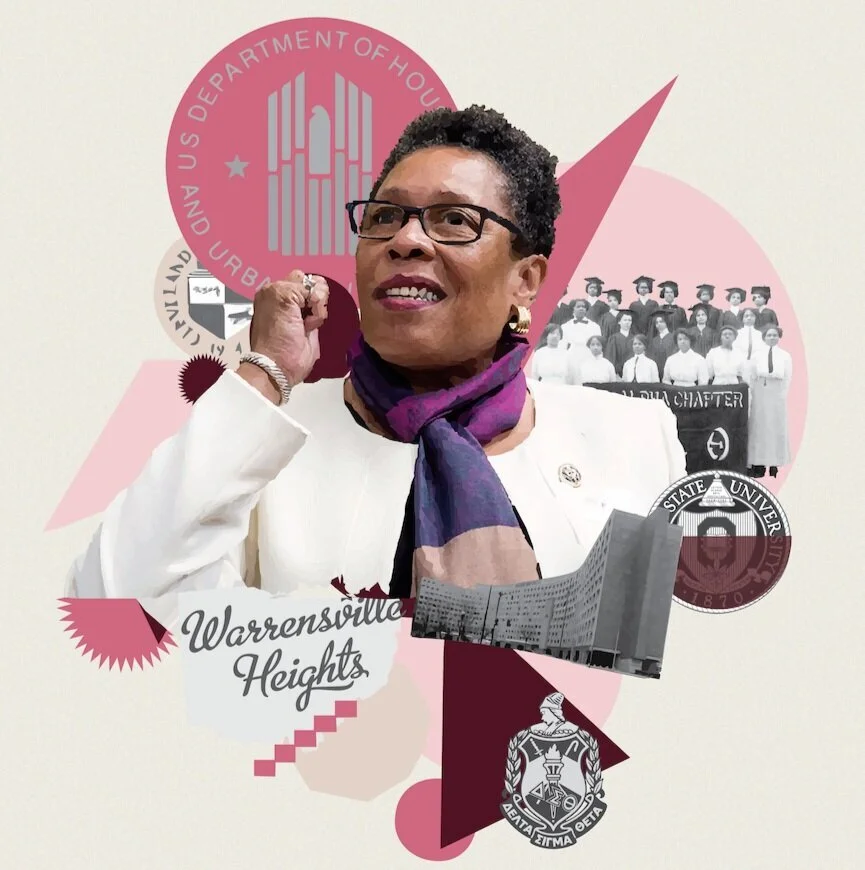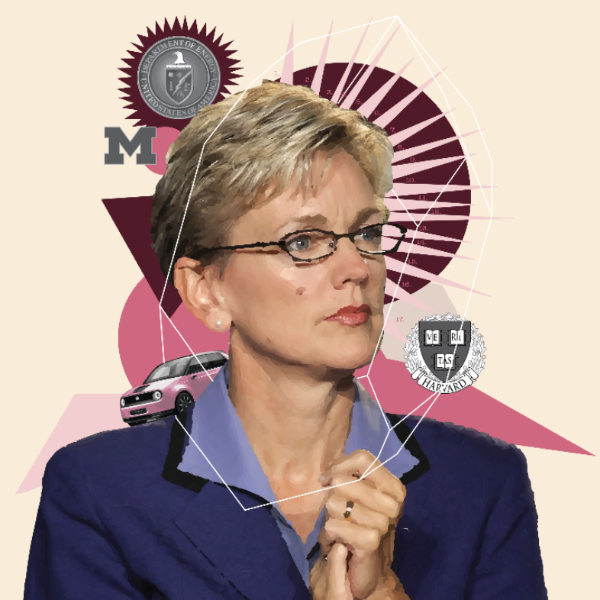This Thanksgiving, we’re blessed with family close enough to come together and share a healthy meal…in our family, that’s mostly vegan with an occasional bison burger to honor the restoration of that species by our much admired co-grandparent, Ted Turner, who just celebrated his 85th birthday!
We have a tradition of asking everyone, of all ages, to share their ‘high and low’ of the day or week or year. This year, we know that for all of us, a big ‘low’ will be the violence in Ukraine, Israel and Gaza, and the continued violent oppression of women and girls in Afghanistan. We will offer our family’s prayers for peaceful resolution and the safety of all those on the frontlines of violent conflicts, famine, climate disasters and disease. As the matriarch of our family, I usually take the privilege to reflect on a story or stories that add dimension to a holiday that has a challenging and often misinterpreted beginning.
This year, since we will gather in Georgia, on land that was once the homeland of multiple Indigenous communities, I want to honor and acknowledge the history of what happened before and what is happening now.
Prior to the establishment of the United States, Indigenous communities lived all throughout the southeast as great caretakers of the land and nature for thousands of years. Here in Georgia, the legacy of the Muscogee Creek Nation is ‘etched in the landscape and language’ in the names of our rivers, mountains, towns and cities. But in 1830, Congress passed and President Andrew Jackson signed into law the Indian Removal Act, and as a result, Indigenous people were forced by order of the federal government to move west to unincorporated Indian territory, which is the current-day Oklahoma. What happened became known as the “Trail of Tears,” and I urge you, as I will my family, to read more about this horrific forced removal and the loss of lives and land as there are important resonances with the current day conflicts over land and identity.
Ocmulgee Mounds National Historical Park consists of a large and impressive group of mounds located along the fall line of the Ocmulgee River on the northeastern edge of Macon, Georgia. Credit: Mac Stone, Courtesy OSI
The peoples of the Muscogee Creek, including the Yuchi, Hitchiti, Koasati, Alabama, Tuskegee, Coweta, and many others, lost their land, but with resilience and a strong sense of community, the Muscogee (Creek) Nation is now the fourth largest tribe in the United States, with approximately 100,000 citizens.
Recently, Tracie Revis, from the Muscogee and Yuchi people, shared this history with the TEDWomen conference in Atlanta. In her TEDTalk (soon to be available on TED.com), she spoke movingly about reconnecting with her ancestors' homeland explaining that for her and so many others who have suffered generational trauma from that violent removal, the path to healing is bound up with reclaiming the land.
Cultural preservation advocate Tracie Revis speaks at Session 2 of TEDWomen 2023: Two Steps Forward on October 12, 2023, in Atlanta, GA. Credit: Jasmina Tomic / TED
Tracie is the director of advocacy for the Ocmulgee Mounds National Park and Preserve Initiative, a nonprofit organization dedicated to elevating the land from its current “historical park” status to “national park and preserve.” This inspiring and important initiative will pull together the current boundary of the historical park and combine it with the existing National Wildlife Refuge called Bond Swamp, all connecting along the Ocmulgee River. Importantly, the plan also calls for the ancestors’ descendants to co-manage the new park — so needed and relevant with today’s nature and climate crisis — to apply the wisdom of the people who managed this land before it was violently and wrongly taken away.
In order to create the re-designated lands into a National Park and Preserve, Congress must pass a bill, and we know what a challenge that is with today’s Congress whose work is so often stalled by the deep polarization between political parties. However, this week the long-awaited Special Resource Study ordered by Congress was released, and the National Park Service said, “Given the national significance of the cultural resources and the combination of resource values in the Ocmulgee River corridor, the National Park Service stands ready to work with Congress to ensure that these resources can be appropriately and best protected.”
I am encouraged by this news and extend huge congratulations and deep gratitude to Tracie and her partners in this work to reclaim land and initiate the special healing that returning to one’s land can foster for individuals and communities.
In the day set aside in the US for giving thanks, I will honor the history of the land I am now privileged to live on, and extend my prayers for healing for all those who have lost their land to violent removals and war. I will also remember and try to honor in every way possible, the deep connections between land, home, and community, as these connections sustain us and strengthen us as families and communities.
As Tracie says in her TED talk, “if you care for the land, the land will take care of you.”
Let’s take better care of our land and of each other.
Onward!
- Pat









